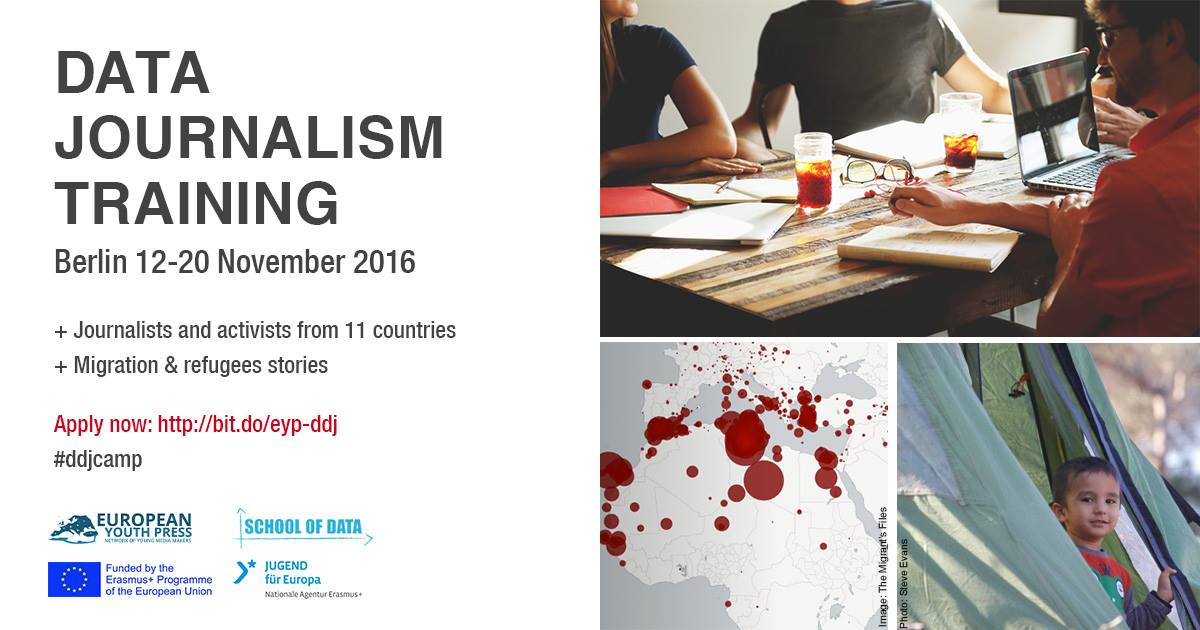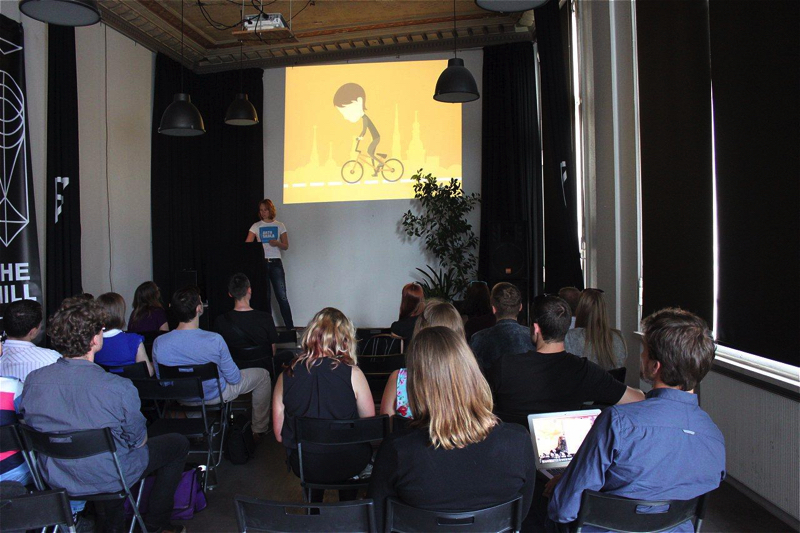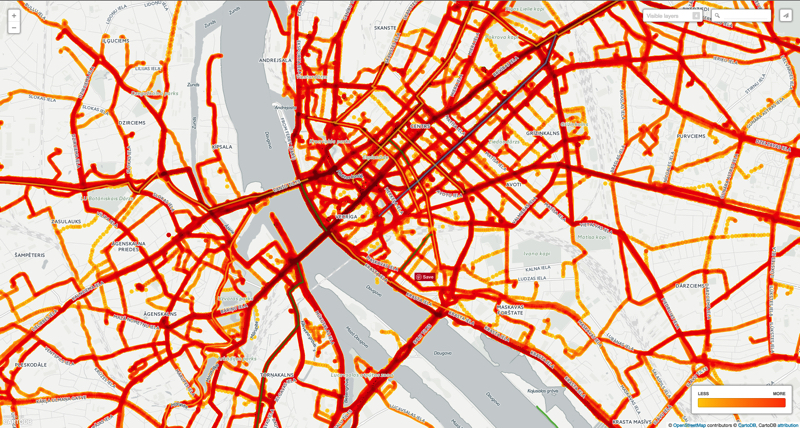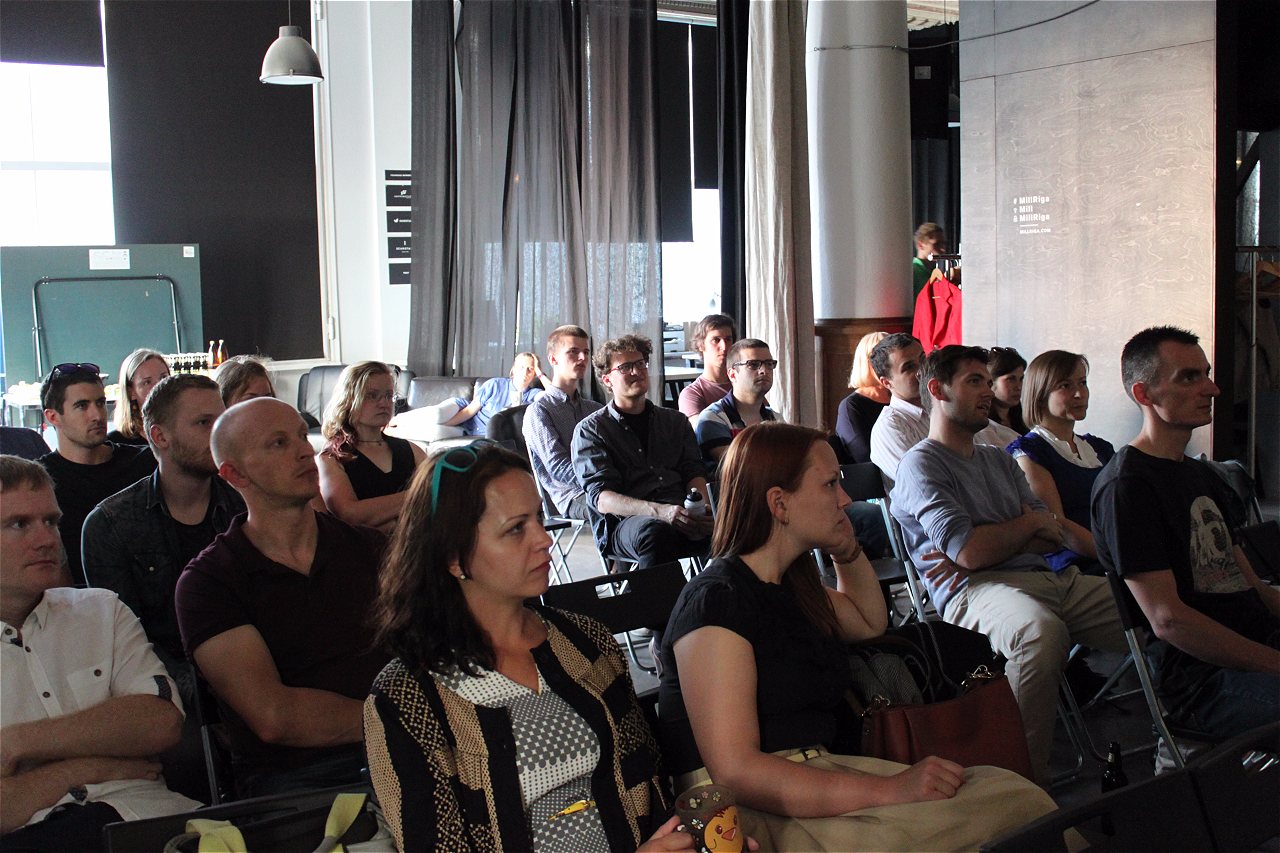Call for a week-long data journalism training in Berlin
Nika Aleksejeva - August 18, 2016 in Events, Fellowship

Photo from a data visualization training in Istanbul, 2014. Author: Nika Aleksejeva
‘Data-driven journalism against prejudices about migration’ training course for young media-makers, human rights activists and developers Berlin, 12 – 20 November 2016
Deadline for receiving applications is: 31st August 2016, 23:59h CET.
School of Data fellow, Nika Aleksejeva, in collaboration with European Youth Press (EYP), an umbrella association of young media-makers in Europe, is inviting young media-makers, designers/developers/programmers and human rights activists to participate in a week-long data journalism training. The training aims to produce impartial, data-driven reports on local migration issues using innovative storytelling forms. It will address the current European refugee crisis, from the perspective of 11 European countries (listed below).
What to expect?
The main objective of the training course is to increase data journalism skills through hands-on training and through working on a real story that will eventually be published in the media. During the project, EYP will partner up with established media organisations from the eleven, listed countries, who will each send one journalist to attend the training. Working together, participants will learn data journalism skills and immediately apply them to practical scenarios. The finished results of their work will be published by media partners of the project. It is hoped that this broad public outreach will lead to significant effect on the media’s treatment of the issue. This course will be an opportunity to strengthen an already-established international network of young media-makers, mid-career journalists and activists concerned with migration and refugee rights.
Participants of the training course will:
- learn and practice data journalism techniques: finding the right data, scraping, compiling, cleaning, storytelling with data;
-
form teams and work on specific projects, with a view to publication in the national media of participants’ home countries;
-
make professional contacts in the field and obtain hands-on experience of working on a cross-border, data-driven investigation.
Financial Information
This training course is funded by the Erasmus+ grant. Participants will receive reimbursement of their travel costs** up to the amount indicated below, **according to their country of residence:
- Armenia: 270 EUR
-
Belgium: 170 EUR
-
Czech Republic: 80 EUR
-
Denmark: 80 EUR
-
Germany (outside Berlin): 80 EUR
-
Italy: 170 EUR
-
Latvia: 170 EUR
-
Montenegro: 170 EUR
-
Slovakia: 170 EUR
-
Sweden: 170 EUR
-
Ukraine: 170 EUR
-
participants living in Berlin will not be eligible for reimbursement of any travel expenses.
Although travel costs will be reimbursed, participants are asked to make the travel bookings themselves, as soon as possible after being selected. Participants are also asked to take the most economical route from their place of residence to Berlin and use the following means of the transportation:
- Train: 2nd class ticket (normal as well as high-speed trains),
-
Flight: economy-class air ticket or cheaper,
-
Bus
Accommodation, meals and all necessary materials will be provided.
Who can apply?
Applicants must fulfil all the criteria below:
- young media-makers, journalism students, bloggers and citizen journalists with a demonstrated interest in issues related to the rights of ethnic minorities, migrants and refugees; human rights activists working on refugee/migration issues; developers interested in the topic;
-
18-30 year-olds;
-
residents of Czech Republic, Germany, Belgium, Italy, Sweden, Armenia, Ukraine, Montenegro, Slovakia, Denmark and Latvia;
-
proficient in English.
How to apply?
Interested candidates are invited to apply by completing this application form. Please also send your CV, in Europass format, and via e-mail, to [email protected] with ‘ddj on migration’ in the subject line.
The deadline for receiving completed applications (form and CV) is: 31st August, 23:59h CET.




